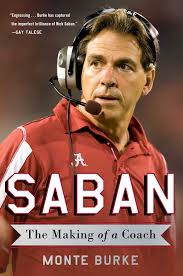
In 2009, I participated in the St. Louis Public Relations Society chapter’s training program for PR certification. I attended sessions all over town and gathered knowledge and wisdom from a number of PR pros. I picked up and studied the suggested textbook. Yes, I learned a lot. I was unaware of the full scope of public relations. I realized I didn’t know as much as I thought I knew.
Last month I took a course in Web Analytics at University of Missouri/St. Louis (UMSL). As a result, I am now certified in Google Analytics. I learned how analytics can reveal a wealth of information about traffic to websites. In addition to exercises on the Google dashboard, I had the chance to use Adobe’s Omniture analytics setup.
I may not be ready to be a lead analyst, but I now know enough to be a contributing team member. After completing the course, though, I realize there is much more about web analytics that I still do not know.
Even More To Learn!
This month I took a Social Media Strategies course at UMSL. I am now a Hootsuite Certified Professional.
I’ve been a Facebook admin and have used Hootsuite Pro for several years. Although I knew a lot about social media going in, the course revealed many areas I had not ventured into. I learned new ways that Hootsuite can help me and my clients. I gained insight about best practices for Facebook and Instagram. Again, I learned how much I did not know and how much more there is to be learned.
It feels good when you receive significant enlightenment or have an “aha” moment. My younger kids, both digital natives, have given me useful computer tips, generally without condescension. But every time they share, I am also made aware of how much I don’t know. Always and forever, there is so much to learn.








